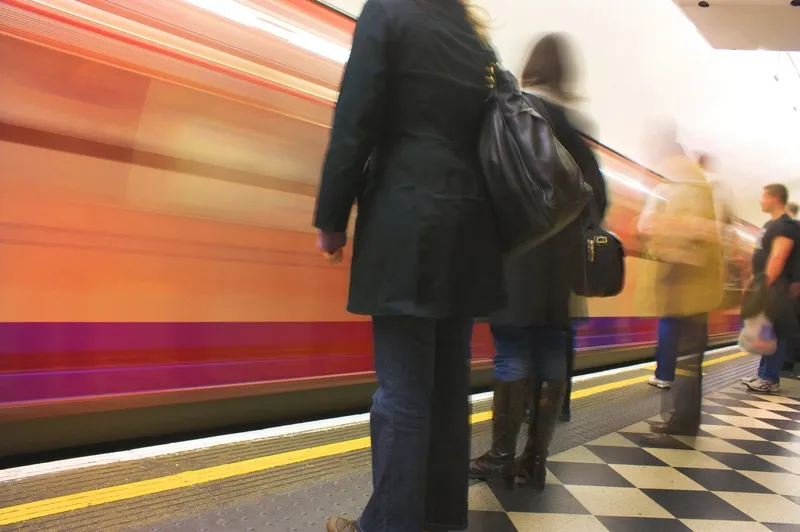Following a successful trial, Transport for London (TfL) is to permanently roll out its blue badge for those less able to stand on public transport.
The 'Please Offer Me a Seat' badge and accompanying card were trialled earlier this year to help those who need a seat, but have difficulty getting one.
The six-week trial was in response to passenger feedback and TfL research, which found that those with hidden disabilities and conditions, or those undergoing treatments, can often find it difficult to ge
January 3, 2017
Read time: 2 mins
Following a successful trial, 1466 Transport for London (TfL) is to permanently roll out its blue badge for those less able to stand on public transport.
The 'Please Offer Me a Seat' badge and accompanying card were trialled earlier this year to help those who need a seat, but have difficulty getting one.
The six-week trial was in response to passenger feedback and TfL research, which found that those with hidden disabilities and conditions, or those undergoing treatments, can often find it difficult to get a seat when they need one.
More than 1,200 people tested the new badges, which are similar to the popular Baby on Board badges.
During the trial, 72 per cent of journeys were said to be easier as a result of the badge, in 86 per cent of journeys participants reported feeling more confident when asking for a seat and 98 per cent said they would recommend the badge and card to somebody who requires or would benefit from it.
When it is launched, TfL says it will become the first European transport provider to officially recognise invisible impairments and conditions in such a way.
The 'Please Offer Me a Seat' badge and accompanying card were trialled earlier this year to help those who need a seat, but have difficulty getting one.
The six-week trial was in response to passenger feedback and TfL research, which found that those with hidden disabilities and conditions, or those undergoing treatments, can often find it difficult to get a seat when they need one.
More than 1,200 people tested the new badges, which are similar to the popular Baby on Board badges.
During the trial, 72 per cent of journeys were said to be easier as a result of the badge, in 86 per cent of journeys participants reported feeling more confident when asking for a seat and 98 per cent said they would recommend the badge and card to somebody who requires or would benefit from it.
When it is launched, TfL says it will become the first European transport provider to officially recognise invisible impairments and conditions in such a way.








